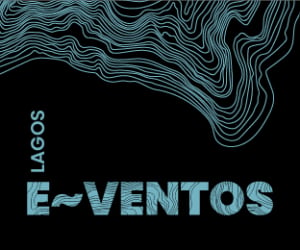Portugal places debate on AI in Culture on the European Union agenda

Portugal will present to the Council of Ministers of Culture of the European Union the theme “The value of the cultural and creative sectors in the development of Artificial Intelligence – safeguarding copyright and related rights and ensuring transparency within the scope of the European AI Regulation” . The debate will take place on May 13, in Brussels, within the scope of the Education, Youth, Culture and Sport Council (EJCD).
With the approach of the entry into force of the relevant provisions of the European Regulation on Artificial Intelligence (Regulation (EU) 2024/1689), Portugal understands that it is “fundamental to ensure that the development and application of general-purpose AI models respect fundamental rights, in particular Copyright and Related Rights, and guarantee full transparency in the use of works
protected”, can be read in the press release.
This is a topic that Portugal had already been promoting at European level, having been initially launched by the Secretary of State for Culture among the other Member States, on the occasion of the informal Council of Ministers of Culture, held in Warsaw, on the 7th and 8th of April.
At the same time, the Secretary of State, who will also be present representing the Minister of Culture at the aforementioned Council of Ministers of Culture of the European Union, addressed an open letter to the European Commission, calling for the review of the draft Code of Practice for General Purpose AI, with a view to ensuring its full alignment with European Copyright Law and the effective defence of creators and cultural diversity.
At this high-level political forum, Portugal will advocate that the use of protected works for training AI models can only occur with the express authorization of their respective owners. In addition, it advocates the adoption of clear and fair contractual models, applicable to all operators, without generalized exceptions, and that transparency in the use of data be effective, through the mandatory use of unique identifiers for the works used, such as the ISBN or the ISRC.
For Portugal, “this debate is strategic for the economic and cultural sustainability of Europe and to ensure a solid and concerted European positioning vis-à-vis global technology operators. The defense of an ambitious and legally coherent Code of Practice is seen as essential to
preserve cultural diversity, creators’ rights and confidence in technological development.”
Jornal do Algarve





